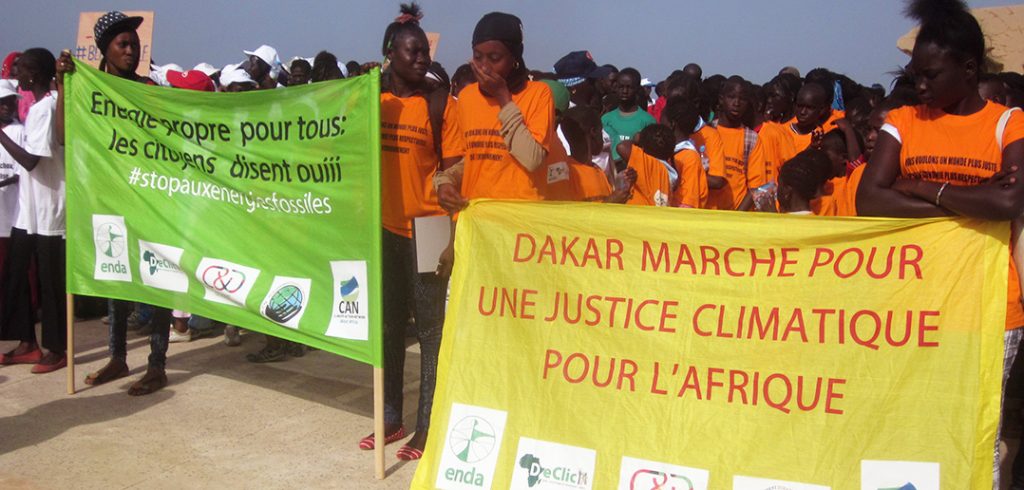Henry Schwalbenberg, PhD, head of Fordham’s International Political Economy and Development program (IPED), and two of his students, Josh Voges and Elizabeth Shaw, will attend various events related to the climate summit. The students will work at a five-day event for organizations worldwide that excel at sustainable development, and Schwalbenberg will attend an awards ceremony where they will be honored.
The goal of the events, sponsored by the U.N. Development Programme’s Equator Initiative, is to show the gathered delegates how local communities and indigenous groups worldwide can advance climate-protection goals, said Schwalbenberg.
“A lot of times, U.N. agencies only deal with governments. They don’t get down to the grassroots level,” he said. “But these are grassroots organizations that are involved in all sorts of things around the world in very poor areas where they’re helping people maintain their livelihoods and at the same time protecting the environment.”
As Arrupe Fellows in the IPED program, Voges and Shaw have been working two days a week with the Equator Initiative in preparation for its award ceremony and related events surrounding the climate conference. On Dec. 7, at the awards ceremony Schwalbenberg will attend, the Equator Prize will go to 20 local and indigenous organizations to honor their efforts to protect the environment and address poverty and climate change impacts.
Their projects might focus on biodiversity, forest protection, sustainable agriculture, protection of communities’ land rights, or partnerships with the government or private sector. This year’s award winners come from Asia and the Pacific region, Latin America and the Caribbean, and Sub-Saharan Africa.
From Nov. 26 through Dec. 1, the Equator Initiative is hosting a series of dialogues among the award winners in Paris. In talking with each other and with outside experts, they’ll share best practices and hone their narratives so they can better present their stories to the delegates at side events surrounding the climate talks.
“These are the kinds of solutions that I think a lot of policymakers are pretty interested in hearing about,” said Voges. “How can we live without making as big of an impact on the environment? A lot of the answers, we think, could be found in seeing how indigenous communities are stewards to the lands that they’ve inhabited for so many centuries.”
Voges and Shaw will help organize the dialogues and provide translation and other support.
Last year’s award ceremony—held at Lincoln Center in New York City in support of the U.N. Secretary General’s Climate Summit and the World Conference on Indigenous Peoples—was “incredibly moving,” said Shaw.
“The audience was full of heads of state, diplomats, and celebrities, all cheering for indigenous people leading grassroots work,” she said. “It felt like the world was in right order to see these groups receiving the praise they deserve for bravely addressing climate change effects each day. Our hope is that the negotiations in Paris further this support so indigenous people and local communities can scale their work in a political environment which encourages their innovation and protects their rights.”
“The world offers us many reasons for fear and despair these days, but the Equator Prize winners are a source of hope,” she said.

